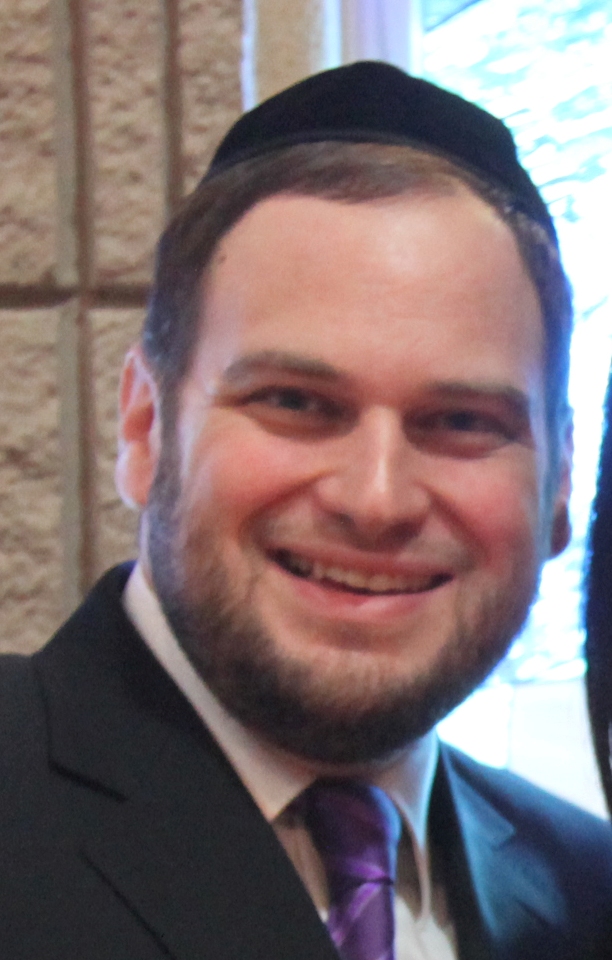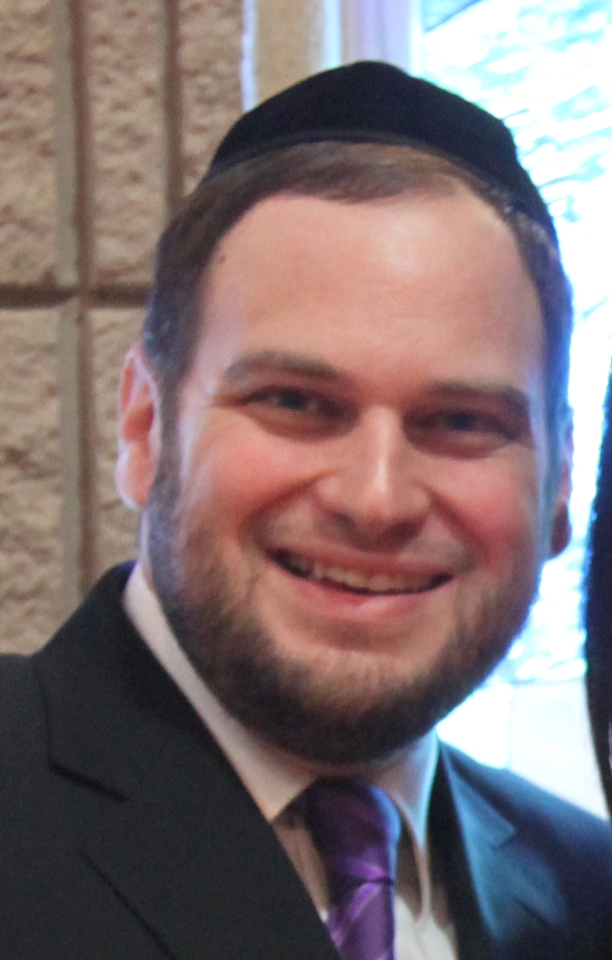 The Gemara in Bechorot poses the question as to why honey is considered to be kosher. The Torah prohibits any secretion or part of a living being from being consumed while the creature or animal is still alive. The same question is posed elsewhere concerning milk. The basis of this law is the prohibition of “ever min hachai,” one of the seven Noahide laws instructed by Hashem to all mankind in Parshat Noach. The Gemara concludes that milk is kosher based on the pasuk’s explicit praise of Eretz Yisrael as being a land flowing with milk and honey. The Gemara concludes that honey is kosher for a different reason. In Parshat Balak, Bilaam, a non-Jewish prophet, was hired by Balak to curse the Jewish nation. The end result was that Bilaam actually blessed the Jewish people. Are we to view Bilaam as a villain, or as a decent prophet who bestowed blessings upon our people? The Sheeris Menachem suggests that Bilaam can be compared to
The Gemara in Bechorot poses the question as to why honey is considered to be kosher. The Torah prohibits any secretion or part of a living being from being consumed while the creature or animal is still alive. The same question is posed elsewhere concerning milk. The basis of this law is the prohibition of “ever min hachai,” one of the seven Noahide laws instructed by Hashem to all mankind in Parshat Noach. The Gemara concludes that milk is kosher based on the pasuk’s explicit praise of Eretz Yisrael as being a land flowing with milk and honey. The Gemara concludes that honey is kosher for a different reason. In Parshat Balak, Bilaam, a non-Jewish prophet, was hired by Balak to curse the Jewish nation. The end result was that Bilaam actually blessed the Jewish people. Are we to view Bilaam as a villain, or as a decent prophet who bestowed blessings upon our people? The Sheeris Menachem suggests that Bilaam can be compared to
a honey bee. Honey bees transform the nectar of flowers into honey through the process of regurgitation and evaporation. The honey does not come from the body of the bee itself. It is only created through an external force. Chazal explain that the same was true of Bilaam and the blessings that he offered the Jewish people. The brachot that he gave the Bnei Yisrael did not come from him; instead they were placed in his mouth by Hashem and delivered through him. Bilaam himself was an evil man, who had contempt and hatred for our people at his core. Nevertheless, we see this story as an example in history where Hashem garnered different types of agents, including evil ones, to accomplish something positive on behalf of the Jewish people.
In the concluding prayer of our Shemona Esrei that we recite three times daily, we ask Hashem to protect us from any dangers that may come in our direction. Included in this tefillah is the possibility that someone may curse us. We ask Hashem to enable us to be silent if cursed. Why is silence considered to be a
virtue when someone attempts to curse us? Perhaps the answer is that if we have true faith in Hashem, we can be confident that He will protect us from the evil wishes others may have for us. If we are people of faith, we believe that only Hashem has the ability to truly fulfill a blessing or a curse. May our faith be strengthened with the confi dence that Hashem will reverse the words of those who curse us collectively as a people, as well as individually, and that we become beneficiaries of true bracha. Good Shabbos!
Rabbi Eliezer Zwickler is rabbi of Congregation AABJ&D in West Orange, NJ, and is a licensed clinical social worker in private practice. Rabbi Zwickler can be reached at ezwickler@gmail.com.









